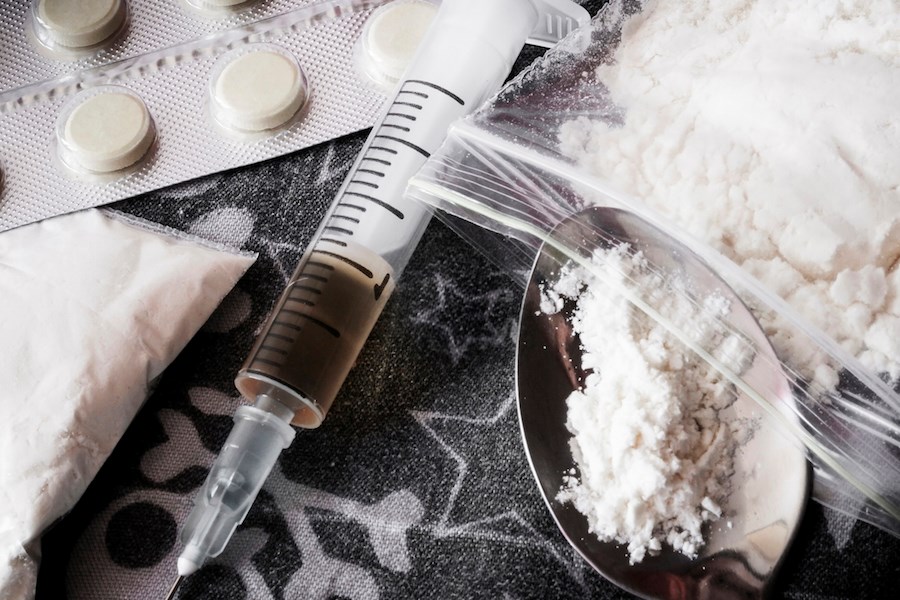THUNDER BAY — The number of opioid-related overdoses in the Thunder Bay area increased significantly from 2019 to 2020.
The Thunder Bay Regional Health Sciences Centre reports that it treated 262 patients for opioid overdoses last year.
That's an increase of 39 per cent from 2019, when the hospital handled 188 cases.
Statistics relating to opioid-related deaths last year are not fully reported yet.
However, between January and September 2020 there were 34 confirmed and 5 suspected deaths in the Thunder Bay area, for a total of 39.
By comparison, in the same period in 2019 there were 29 opioid-related deaths.
Officials predict that by the time the year-end figures are compiled for 2020, the death toll may exceed 50.
Cynthia Olsen, the drug strategy coordinator for the City of Thunder Bay, said that although the data isn't complete yet, "we do know there was a spike for sure" in the last quarter of the year.
Superior North Emergency Medical Services estimates that its paramedics saw an average of one death per week from opioid overdoses last year.
"Our overdoses are way up, unfortunately... It's no surprise. If you just look at the overdose calls we are going to, you can imagine the number of deaths that will come out of that," EMS Chief Wayne Gates told TBNewswatch.
Gates said the crisis affects all demographics.
"From all walks of life, all ages, teens to 60-year-olds. There's really not a big age barrier with this. From all walks of life, from all different neighbourhoods. So it impacts everybody in the community."
Olsen said awareness among the general public about the seriousness of the problem comes and goes.
"I think there's a lot of stigma related to substance use, so that complicates perhaps the understanding of the gravity of the situation. It certainly is more and more, even nationally, since COVID-19 emerged. The increase is being seen across Canada."
She said the Canadian Centre On Substance Use and Addiction issued an alert related to the impact the pandemic is having on substance-related harm, including an increase in overdose events and the distribution of toxic drugs.
Last week, after emergency services in Thunder Bay noticed an increase in overdoses on the preceding weekend, another community alert was issued about Purple Down, a street drug.
"Purple Down appears to be very toxic right now. Ensure you take precautions to reduce your risk of overdose," the bulletin said.
Olsen said one of the primary messages to users is "If you use Down, start low and go slow. Use a third of the dose that you would normally use."
Another key message is not to use drugs alone.
Gates noted that, because of COVID, "people are in self-isolation now. A lot of them are alone. I think it's just the mental pressures that are put on folks now."
Local agencies that deal with drug overdoses are currently working on implementing what's known as the FAST overdose reporting system, which may assist them in monitoring for changes.
FAST stands for flexible, accessible, scalable, and timely.
Olsen said it would be a collaborative of community partners "who do direct line work, and potentially their clients may disclose that they've experienced an overdose. We do know from data that emergency services are not called with all overdose experiences. This may also give us an ability to issue alerts in a different way."
The system may be launched locally within a couple of weeks.
FAST is already in use elsewhere in Canada including the service area of Wellington-Dufferin-Guelph Public Health in southern Ontario.
That agency describes the system as leveraging the experience and knowledge of community organizations connecting with people who use substances.
On its website, it cites benefits such as real-time data collection, allowing a quicker community response to changes in drug supply, including issuing alerts in response to the appearance of abnormal overdose patterns or the presence of a contaminated drug supply.
